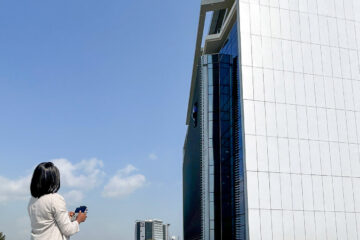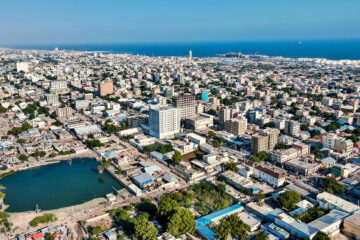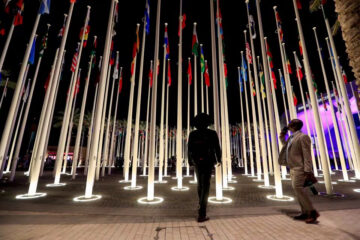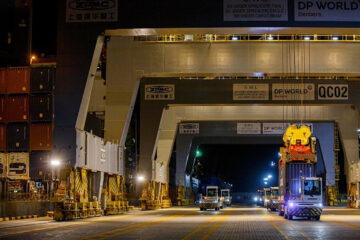A new multilateral finance fund that aims to cut carbon emissions and improve conditions in developing-world cities, has been launched.
Implemented by the World Bank and the European Union’s lending arm, the European Investment Bank, the City Climate Finance Gap Fund aims to unlock at least 4 billion euros ($4.66 billion) for low-carbon and climate-resilient projects.
Cities already account for 70% of global CO2 emissions, but with 2.5 billion more people expected to move to them by 2050, and Africa alone expected to see a 700% increase in urban land cover by 2030, limiting the climate impact will be vital.
“In our experience a lot of potentially transformative projects are abandoned along the way because local authorities are not able to take them from the idea stage,” said the head of the EIB’s urban development division, Gerry Muscat.
The new fund, which is an initiative of the governments of Germany and Luxembourg as well as a number of global city, local government and mayor alliances, aims to prevent those kind of problems by getting involved with projects early on.
Developing economies from Afghanistan to Zambia will all be eligible and the fund will support projects ranging from urban transport and energy efficiency to ecosystem restoration and improving slums or local food systems.
The United Nations Climate Action summit last year estimated that $93 trillion needs to be spent on sustainable infrastructure over the next 15 years to achieve the Paris Agreement and Sustainable Development Goals.
The Intergovernmental Panel on Climate Change’s special report in 2018, which said global emissions would need to reach net-zero by around 2050 to limit global warming to 1.5°C above pre-industrial levels, said annual investment in low-carbon energy and energy efficiency would need to increase by a factor of five by that point. – Thomson Reuters Foundation.














